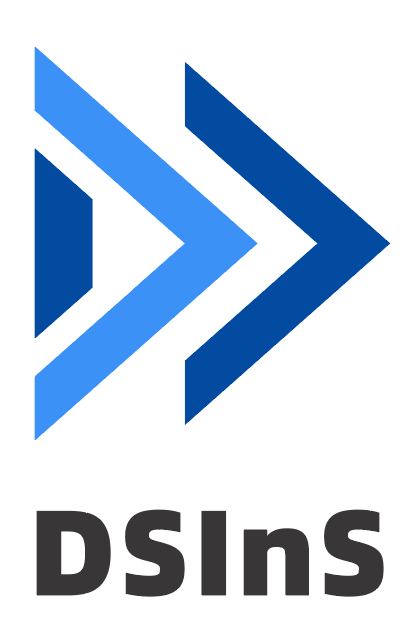
Biography:
Prof. Dr.-Ing. habil. Dr. h.c. Herwig Unger ∗1966 received his PhD with a work on Petri Net transformation in 1994 from the Ilmenau University of Technology and his doctorate (habilitation) with a work on a fully decentralised web operating systems from the University of Rostock in 2000. Since 2006, he is a full professor at the FernUniversität in Hagen and the head of the Department of Communication Networks. In 2019, he obtained a honorary PhD in Information Technology from the King Mongkut’s University of Technology in North Bangkok (Thailand). His research interests are in decentralised systems and self-organization, natural language processing, Big Data as well as large-scale simulations.
He has authored more than 150 publications in refereed journals and conferences, published or edited more than 30 books and gave over 35 invited talks and lectures in 12 countries. Besides various industrial cooperations, e.g. with Airbus Industries, he has been a guest researcher/professor at the ICSI Berkeley (USA), the University of Leipzig and other universities in Canada, Mexico and Thailand.
Speech title: Brain-inspired Approaches to Natural Language Processing and Explainable AI
Abstract:
Like no other medium, the World Wide Web became the major information source for many people within the last years, some even call it the brain of mankind. For any arising questions, any facts needed or any multimedia content wanted, a web page providing the respective information seems to exist. Likewise, it seems that sometimes there is nothing what has not been thought, written, painted or expressed in any other form before: most users simply feel overwhelmed from the flood of available information.
Consequently, there is a need for new technologies for the autonomous self-management, more timely information handling, processing and the user’s interaction with such huge amounts of data. Indeed, Einstein’s saying ‘Look deep into the nature, then you will understand everything better’ is a big inspiration and challenge to find the required, new solutions. At this point, a short overview is given on existing organisational and functional principles, which have been derived from nature and in particular the human brain and which could be adapted to realise the desired, new methods for natural language processing. The methods mostly follow the strict natural design principle of locality, i.e. work without overseeing the whole system or full set of data and exhibit a high degree of parallelism.
Last but not least, some new design principles as well for search engines as for recommender systems will be derived and presented.